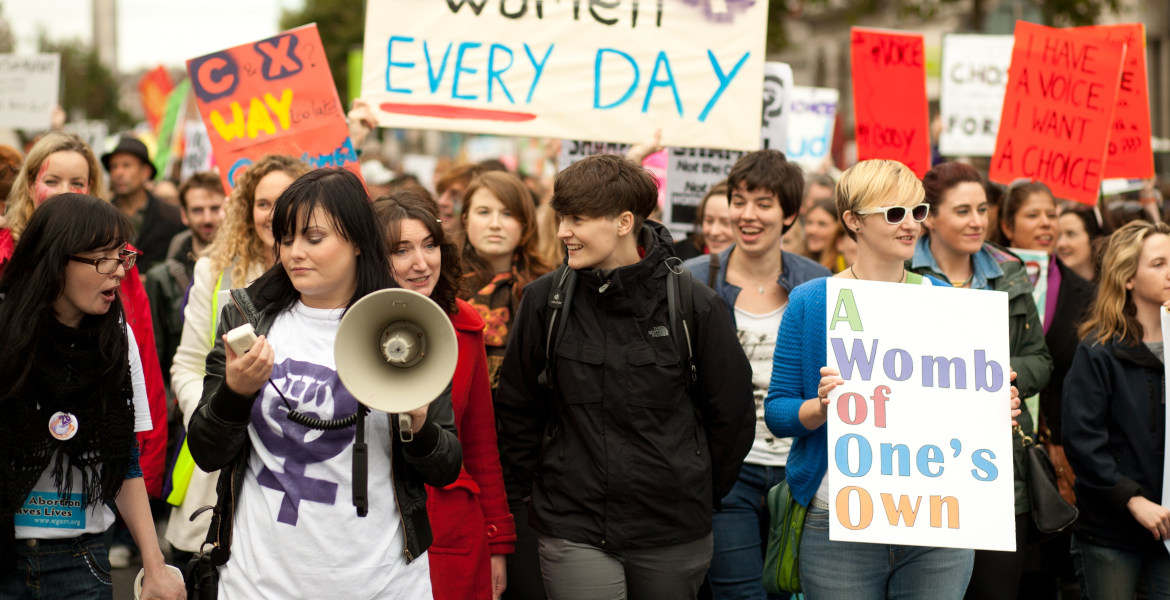Fewer and fewer young Swedes are attracted to the feminist ideology, and in just four years the proportion identifying as feminists has fallen from 34% to 24%. One explanation is that many young people see feminism as an extreme and divisive ideology.
The Generation Report 2025, produced by the Youth Barometer, shows that conservative values are on the rise in many areas and that views on relationships have also become increasingly conservative in recent years.
Today, for example, nine out of ten young people believe that “the goal of a relationship is to find a person to share the rest of your life with” – an increase of 14 percentage points in just two years. At the same time, it has also become much more important for young women to be perceived as feminine.
– Young people are showing a desire for stable and long-term relationships, which can be seen as a counter-reaction to the increasing insecurity in society. The traditional view of gender roles in dating is becoming more prominent, with expectations of both men and women being shaped by more conservative ideals, says Jessica Åkerström, head of analysis at Ungdomsbarometern.
Feminism has long been highlighted as an ideology that has been almost mandatory for Swedes to join – and anyone who criticized the movement and its ideas has often been suspected and mocked.
“Directly harmful to gender equality work”
Today, the situation is different and Swedish teenagers tell us that it is feminism that is considered extreme and that they do not want to be associated with.
– Many people think of feminism and what it means as something very extreme today, explains 17-year-old Siri Olers Björck to Swedish national television.
Several feminist movements are explicitly hostile to men, portraying the opposite sex as enemies or dehumanizing them. One theory put forward is that the rise of these extremists has not had the impact they wanted, but has instead discouraged young people and made them back down and distance themselves from feminism.
– I do not identify with those who say that ‘men are animals’. I think that kind of statement is directly harmful to gender equality work, says Minister for Gender Equality Paulina Brandberg (L), who nevertheless calls herself a feminist.
According to the minister, it’s not a problem that fewer young people identify as feminists – but that interest in gender equality issues is declining.
The Nordic Times recently highlighted the MGTOW movement, which is often described as a counter-reaction and a destructive male mirror image of the feminist movement.









